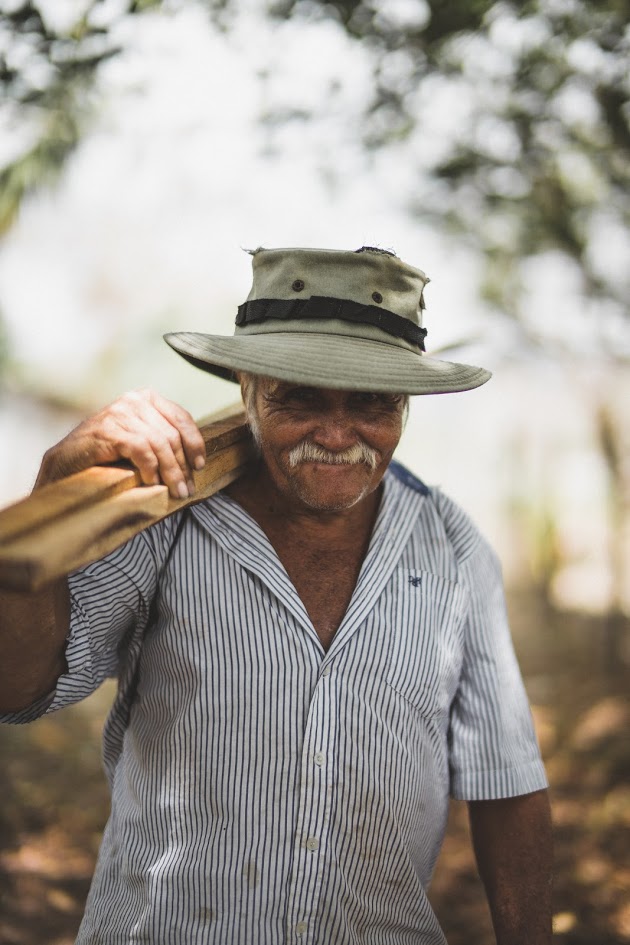To join the conversation, click on “leave a comment” under this post.
I recently spent two weeks in Honduras visiting communities and assessing potential design / build projects. My initial approach was simply to ask community leaders what was most needed, and to draw conclusions from my own analysis, and I soon realized that we were getting the same answers in every community: new or improved schools, space for meeting or social interaction, housing, and recreational space. Although initially excited, I soon grew distraught, not because of the projects themselves, but rather because of the way in which we were assessing their necessity. It is easy to judge from overcrowded schools, town committee meetings in churches, decaying adobe houses, and children playing in streets, that new and improved spaces are a necessity, but why? Because we are using intuition. We observe problems, and devise methods for solving them. This method is reactionary in nature, and does not promote advanced thinking or preventative action.
After the first few visits, I began pondering the definition of a developed rural community. What separates a fully functional, sustainable community from a floundering, dependent community? Roads? Electricity? Clean water systems? I assembled a wish list of what I considered the necessary components of the Utopian Rural Community, including everything from infrastructure to health to education to playgrounds. I then discussed the idea with some of my future Honduran coworkers, and solicited their assistance in expanding upon my initial thoughts. My assumption was that, if we could focus our energy on expanding upon this list to create all-encompassing standards for rural development, we could then use those standards to assess each and every community in which we work to determine what projects are necessary, and what has already been fulfilled. Each community would have a defined starting point and theoretical goal, and we could prevent small problems from becoming large problems by taking initial, as opposed to reactionary, actions.
My questions to you are the following: what are the components of a developed rural community? Who is most qualified to make this assessment (community members, development workers, government officials, etc.)? Are standards of this nature even necessary?



